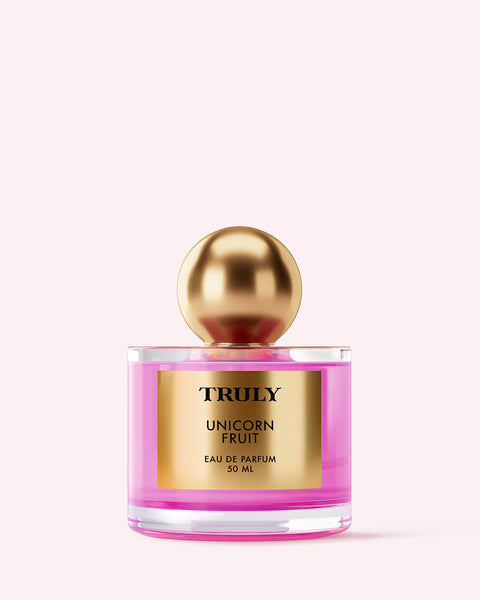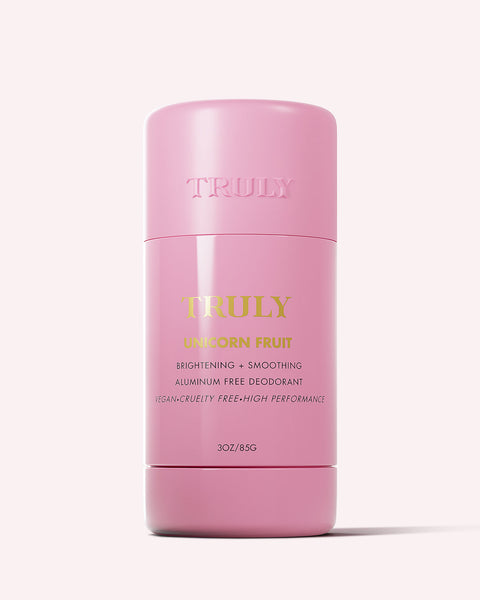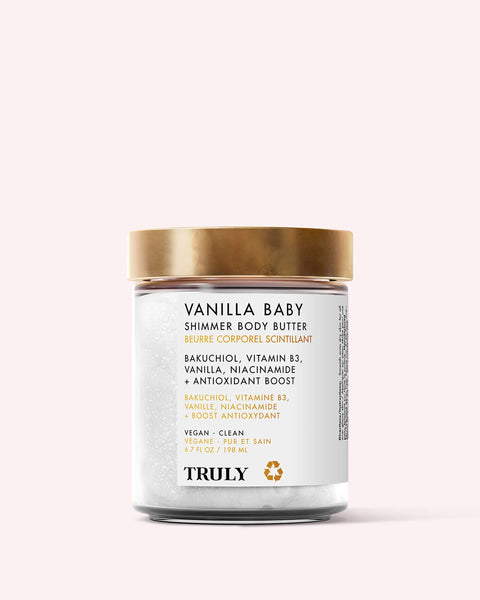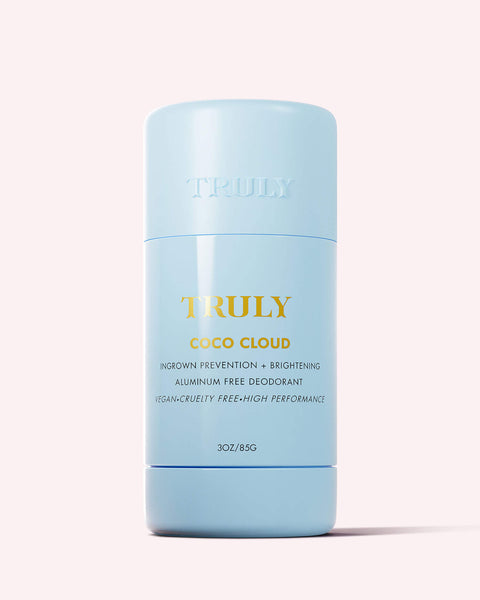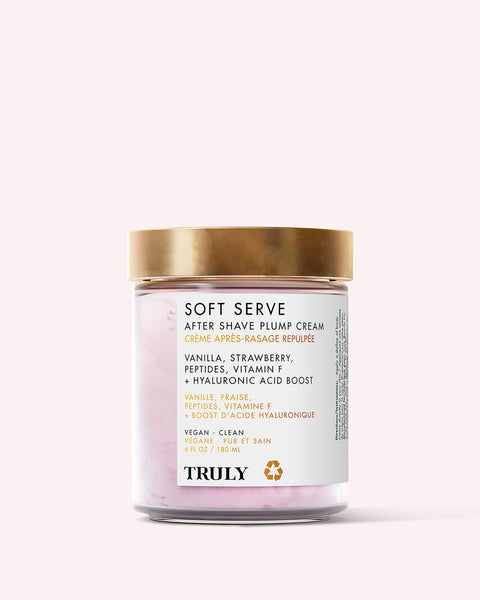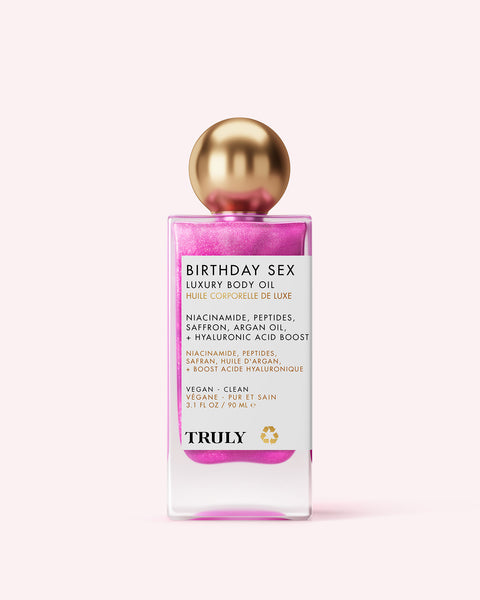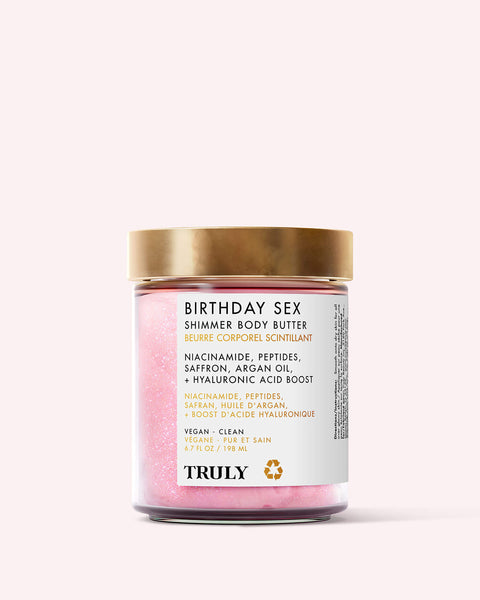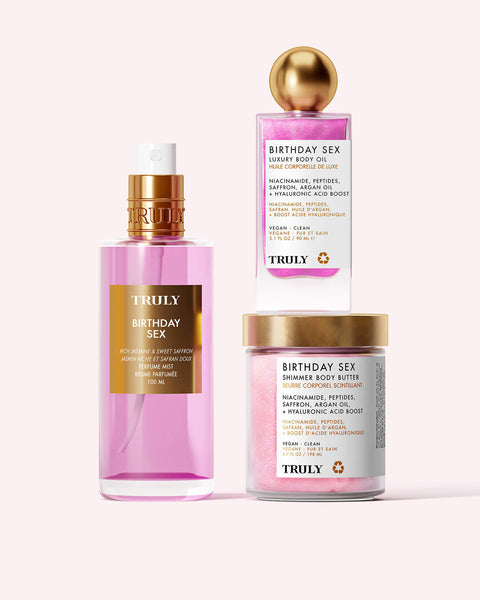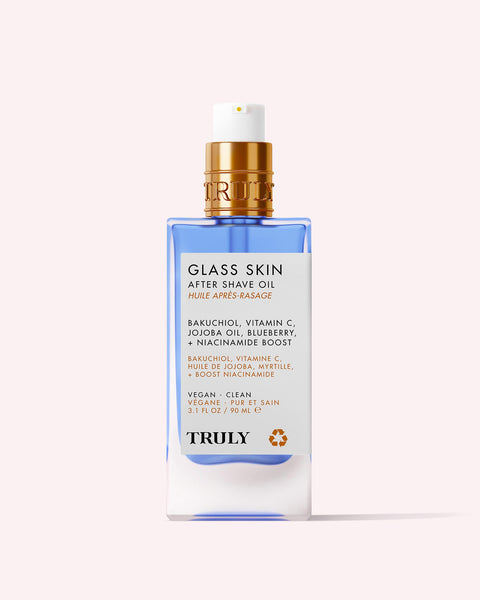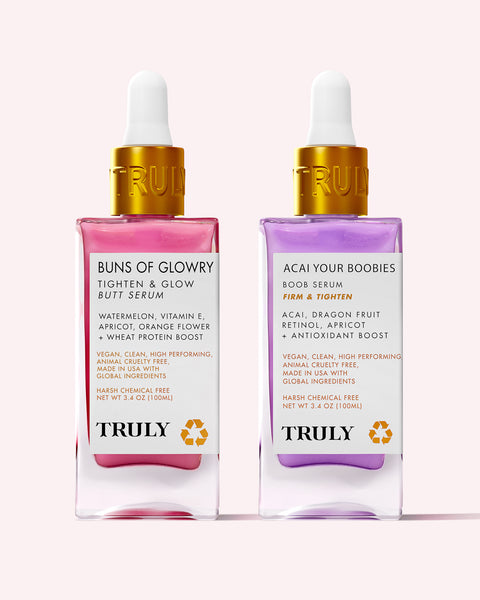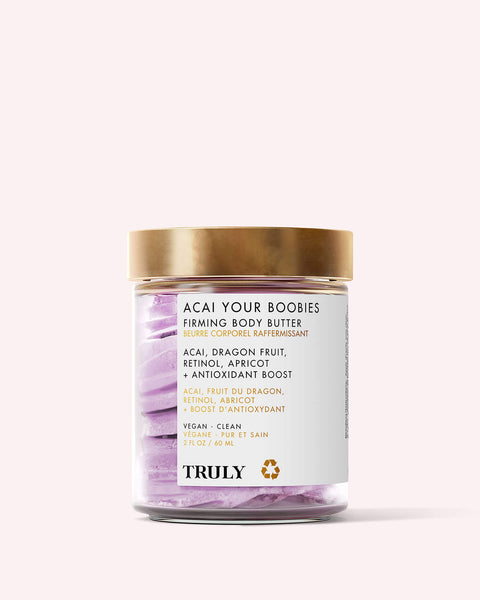How Long Does Sunscreen Last?
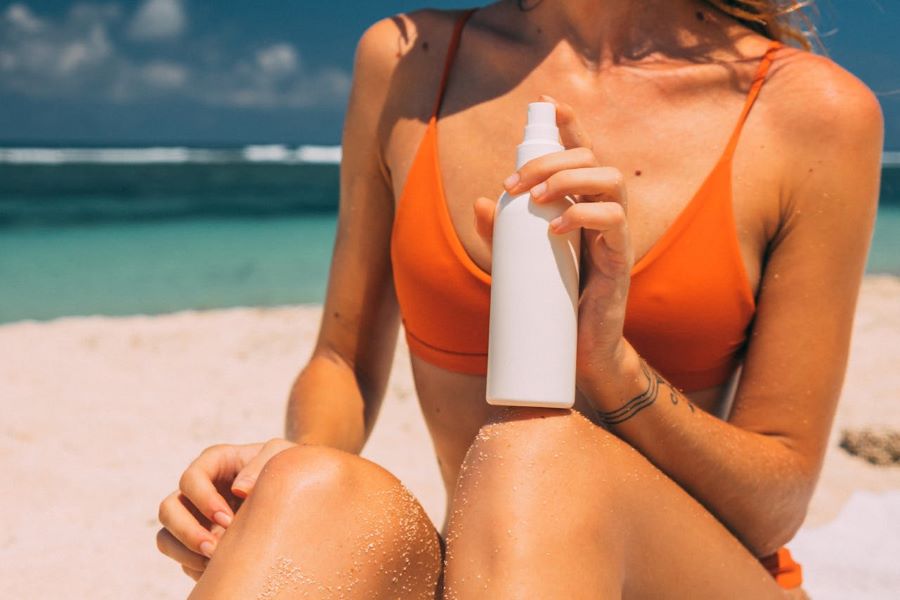
You’ve had that bottle sitting in your drawer since you can remember, but how long does sunscreen last?
Sunscreen is a crucial part of our daily skincare routine, especially during the sunny months. It’s our primary defense against the harmful effects of ultraviolet (UV) rays, which can cause skin damage, premature aging, and even skin cancer. But like many other skincare products, sunscreen has a limited shelf life.
Find out how long sunscreen lasts and how to check if your sunscreen is expired. We’ll also show you how to get the most out of your sunscreen products for maximum protection.
How Long Does Sunscreen Last Once Opened?
Once you crack open a bottle of sunscreen, its countdown to expiration begins. Typically, most sunscreens are designed to last for 6-12 months after opening. This period can vary based on the brand, formulation, and how you’re storing it.
The effectiveness of the active ingredients, like zinc oxide and titanium dioxide in mineral sunscreens, as well as avobenzone and other chemical compounds in chemical sunscreens, diminishes over time. It’s always a good idea to use sunscreen within this period to ensure maximum protection against UV rays.
Manufacturers usually include a “period after opening” (PAO) symbol on the packaging, which indicates the number of months the product remains effective after being opened. This is often depicted as an open jar icon with a number inside it. For example, “12M” means the product should be used within 12 months of opening.
How Long Does Sunscreen Last on Skin?
How long does sunscreen last once applied to your skin and how often should you be reapplying it? Once applied, sunscreen forms a protective barrier on the skin, but this barrier doesn’t last indefinitely. You should be re-applying sunscreen every two hours, regardless of its SPF rating.
If you’re swimming or sweating heavily, opt for a water-resistant sunscreen and reapply it every 40 to 80 minutes. Even if a sunscreen is labeled as “water-resistant,” it doesn’t mean it’s waterproof. Therefore, reapplication is key to maintaining continuous protection.
It’s also crucial to apply a sufficient amount of sunscreen to achieve the level of protection advertised on the bottle. Dermatologists recommend using at least one ounce (about a shot glass full) to cover the entire body adequately. Applying less than this amount can significantly reduce the sunscreen’s effectiveness.
Does Sunscreen Expire?
Yes, sunscreen does expire. The expiration date is typically stamped on the bottle, indicating the last date the product is guaranteed to provide full SPF protection. Using sunscreen past its expiration date can result in reduced efficacy, leading to insufficient UV protection—and an increased risk of sun damage.
Expired sunscreen can undergo changes in texture, color, and smell, indicating that the active ingredients have broken down. These changes can render the sunscreen less effective. Moreover, expired sunscreens might cause skin irritation or allergic reactions due to the degradation of their components.
To ensure you’re always using effective sunscreen, it’s best to check the expiration date regularly, especially if you don’t use it frequently. Discard any sunscreen that has passed its expiration date, even if it appears to be fine. This way, you know you’ll always be getting the best protection possible.
How Do You Know if Sunscreen is Expired?
Aside from checking the expiration date, there are several tell-tale signs that your sunscreen may have gone bad. These include:
• Color Change: If your sunscreen has turned a different color from when you first bought it, it’s a sign that the ingredients have started to degrade.
• Funky Smell: A rancid or unusual smell indicates that the sunscreen has likely expired and the ingredients have broken down.
• Different Texture: If the sunscreen becomes watery, clumpy, or separates into different layers, it’s no longer safe to use.
• Effectiveness: If you notice that you’re getting sunburned or tanned despite regular application, it could be a sign that your sunscreen is no longer providing adequate protection.
Regularly inspecting your sunscreen for these signs can help you avoid using an ineffective product. It’s better to be safe than sorry when it comes to skin protection.
How to Properly Store Sunscreen
Storing sunscreen correctly is crucial to maintaining its effectiveness throughout its intended shelf life. Here are some tips to ensure your sunscreen stays working its best.
Keep it Cool: The FDA recommends storing sunscreen in a cool, dry place away from direct sunlight and heat sources. High temperatures can accelerate the breakdown of active ingredients in your chemical and physical sunscreens.
Avoid Frequent Temperature Changes: Consistent temperature is key. Avoid leaving sunscreen in places where it will experience frequent temperature fluctuations, like in a hot car.
Seal Tightly: Always close the cap tightly after each use to prevent air and contaminants from entering and degrading the product.
Tips for Getting the Most Out of Sunscreen
Using sunscreen correctly is just as important as choosing the right one. Here are some tips to make your sunscreen work harder.
• Use Broad-Spectrum Sunscreen: This is the best sunscreen for guarding against both UVA rays and UVB rays.
• Check the SPF: Use a sunscreen with at least SPF 30 for adequate protection. Higher SPFs like SPF 50 offer more protection but still require regular reapplication.
• Apply Generously: Use at least one ounce (about a shot glass full) to cover your entire body. Don’t skimp on the amount, as inadequate application can reduce protection.
• Reapply Regularly: Sunscreen should be reapplied every two hours, or more often if you are swimming or sweating. Even “water-resistant” sunscreens need reapplication after getting wet.
• Apply Before Sun Exposure: Apply sunscreen at least 15-30 minutes before going outside. This allows it to fully absorb and provide maximum protection.
• Combine with Other Protective Measures: Sunscreen is just one part of sun protection. Wear protective clothing, hats, and sunglasses, and seek shade whenever possible.
By incorporating these tips into your routine, you can ensure that you’re getting the most out of your sunscreen and protecting your skin effectively.
Does Sunscreen Last Longer in the Fridge?
Yes, storing sunscreen in the fridge can help prolong its shelf life. The cooler temperature slows down the degradation of the active ingredients, maintaining their effectiveness for a longer period. However, make sure you keep your sunscreen at a consistent temperature, as frequent temperature changes can lead to instability of the formula.
When storing sunscreen in the fridge, make sure it is sealed tightly to prevent moisture from entering the container. Moisture can cause the product to break down faster. Additionally, it’s crucial to keep the sunscreen away from foods with strong odors, as the product can absorb these odors over time.
While refrigeration can extend the life of sunscreen, it’s not a necessity if you can store the product in a cool, dry place away from direct sunlight and heat. A bathroom cabinet or a drawer can be sufficient as long as it’s kept at a stable, moderate temperature.
Is it Okay to Use Expired Sunscreen?
Using expired sunscreen is generally not recommended. This is because expired sunscreen may not provide the level of protection indicated on the label, leaving your skin vulnerable to harmful UV rays, increasing the risk of sunburn, skin damage, and potentially skin cancer.
In some cases, using expired sunscreen can lead to skin irritation or allergic reactions due to the breakdown of its ingredients. If you have sensitive skin, the risks are even higher.
If you find yourself in a situation where you only have expired sunscreen available, it’s better to use it than nothing at all. Some protection is better than no protection, but be sure to replace it as soon as possible.
Conclusion: How Long Does a Sunscreen Last?
We all know the importance of wearing sunscreen on a daily basis. Besides preventing skin aging and keeping our skin healthy, it prevents sunburn, skin damage, and skin cancer. To get the most out of your sunscreen, it’s essential that you always use a sunscreen that is in date.
How long does sunscreen last? Sunscreen typically lasts up to 12 months once opened. Unopened, it can last up to three years. That being said, its longevity is impacted by the way it’s stored. So make sure you store it right to avoid degradation.
By following these guidelines, you can enjoy the sun safely and keep your skin healthy and protected. Whether you’re lounging by the pool or hiking in the mountains, having reliable sunscreen is your best defense against UV damage.
Photo by Mikhail Nilov, Pexels











